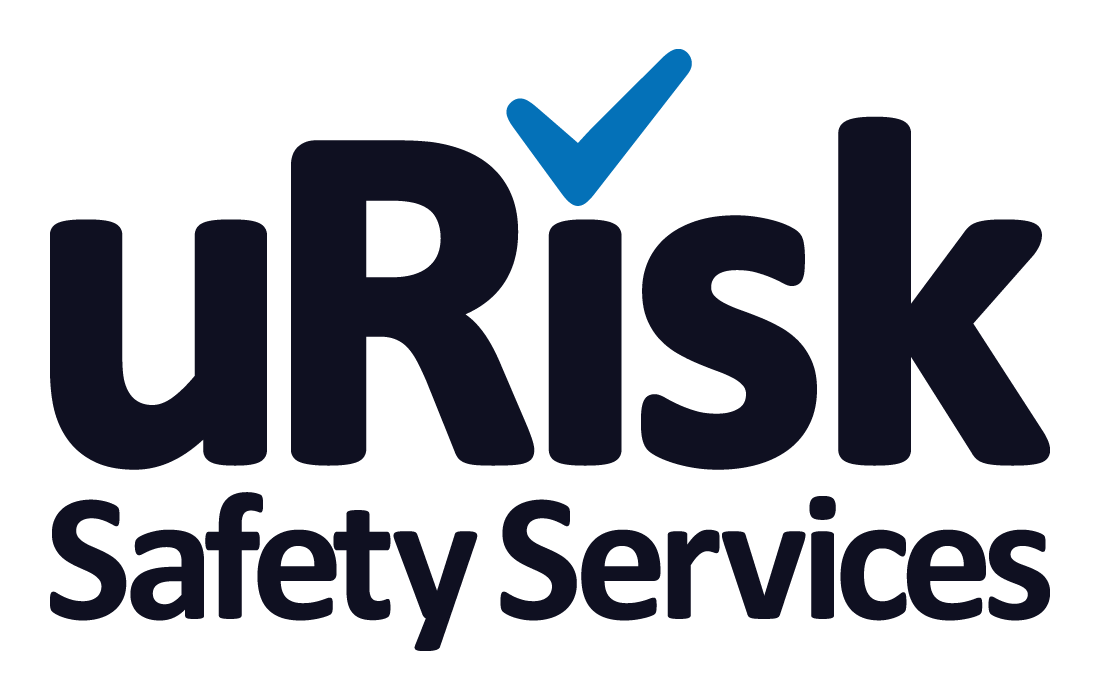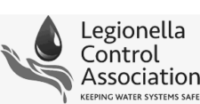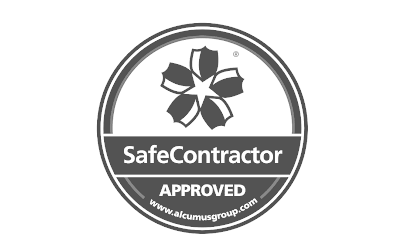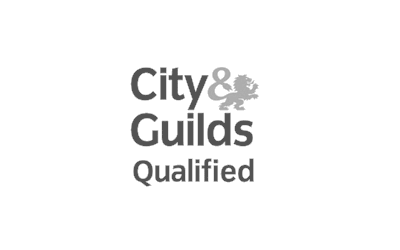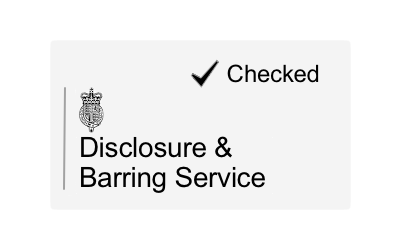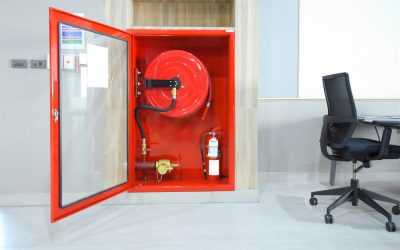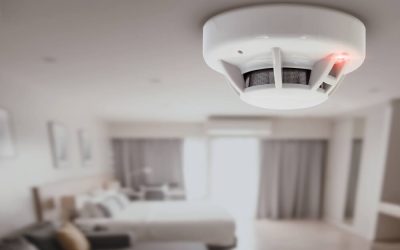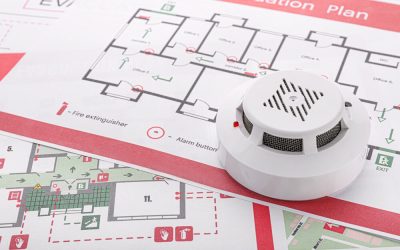How to Prevent Legionnaires’ Disease in Your Hotel
An outbreak of Legionnaires’ disease in your hotel would have disastrous consequences for your business. An outbreak could close your hotel with immediate effect until remedial work has taken place, resulting in adverse publicity as well as the stress and expense of rehousing guests and cancelling bookings. If any guests become ill, they could sue, and you could face heavy fines. So how can you prevent the risk of Legionnaires’ disease at your hotel?
Should the Water in Hotel Guest Rooms be Regularly Flushed?
The legionella bacterium – which, when inhaled, is the cause of Legionnaires’ disease – thrives in still and stagnant water. This means that if your water system is used frequently, the risks become much lower. When your hotel is busy, guests will flush the water system simply by using the taps, showers and toilets. But if your hotel is undergoing a quiet period or has to be temporarily closed, then you will need to flush the system manually at least once a week. As an example, during the 2020 lockdown, engineers were employed by a hotel in Las Vegas to go into every room and flush the toilets and run the taps to prevent the build-up of the legionella bacteria. This is because the lack of water movement combined with the Las Vegas temperatures would have created the ideal conditions for legionella to thrive, posing a greater risk to guests when the hotel reopened.
Therefore, if you have rooms that haven’t been used for a week, get someone to flush the toilet and run all the taps for a few minutes to be on the safe side.
Do You Need TMVs in Hotel Guest Rooms?
Thermostatic mixing valves (TMVs) prevent scalding. They are devices that blend the hot and cold water as the water is drawn from the tap. This enables the hot water to be kept hot enough to kill the legionella bacteria – at least 60oC – but makes it far less likely that anyone washing their hands would suffer scalding. TMVs are particularly useful in premises likely to be used by the vulnerable, such as the elderly or very young children who have slower reaction times and are therefore less likely to draw their hand away from the tap in time. As a result, they are used mainly in care homes and nurseries. However, TMVs are extremely useful and are therefore used in many different settings. If your hotel has them installed, they will need regular servicing to ensure they continue to be as effective as possible.
Do Hotels Need Testing for Legionella After Closing Down?
This depends on how long your hotel has been closed down. If it has been a substantial amount of time, such as after a lockdown, then you will need to undertake legionella testing to be on the safe side. Any water that has been left for seven days is considered to be stagnant water, so the risks get greater the longer the room has been out of action or the hotel closed.
Legal Requirements for Bed and Breakfast Establishments
Like any hotel or work premises, the owners of B&Bs of all sizes have a duty of care to their staff and guests. The Health & Safety Executive has published a Guide for Dutyholders detailing your responsibilities with regard to the control of legionella. We also offer B&B and hotel owners guidance in the form of free legionella audits and a low-cost Legionella Awareness Online Training Course. We also have Legionella Testing Kits available, which gives you the opportunity to take water samples yourself.
If you are in any doubt about your responsibilities with regard to legionella, contact us for more information or to book a legionella risk assessment.
Legionella and Water Hygiene Blog Posts
Office Fire Risk Assessment
As you would expect, keeping your office safe from the risk of fire is a legal requirement under the Regulatory Reform (Fire Safety) Order 2005. If you are the owner or manager of a business, or landlord of an office building, it is your responsibility to ensure your...
Fire Risk Assessment For Flats
Your legal requirements as a landlord include taking precautions to keep your tenants safe, including when it comes to the risk of fire in flats. As part of the fire safety regulations, fire risk assessments for flats is therefore part of your legal obligation to...
Getting A Risk Assessment For Fire in the UK
As an employer, landlord or facilities manager, it is your legal responsibility to keep everyone who uses your premises safe. A fire risk assessment is an important part of this because it identifies what might cause a fire so you can take steps to prevent one, as...
